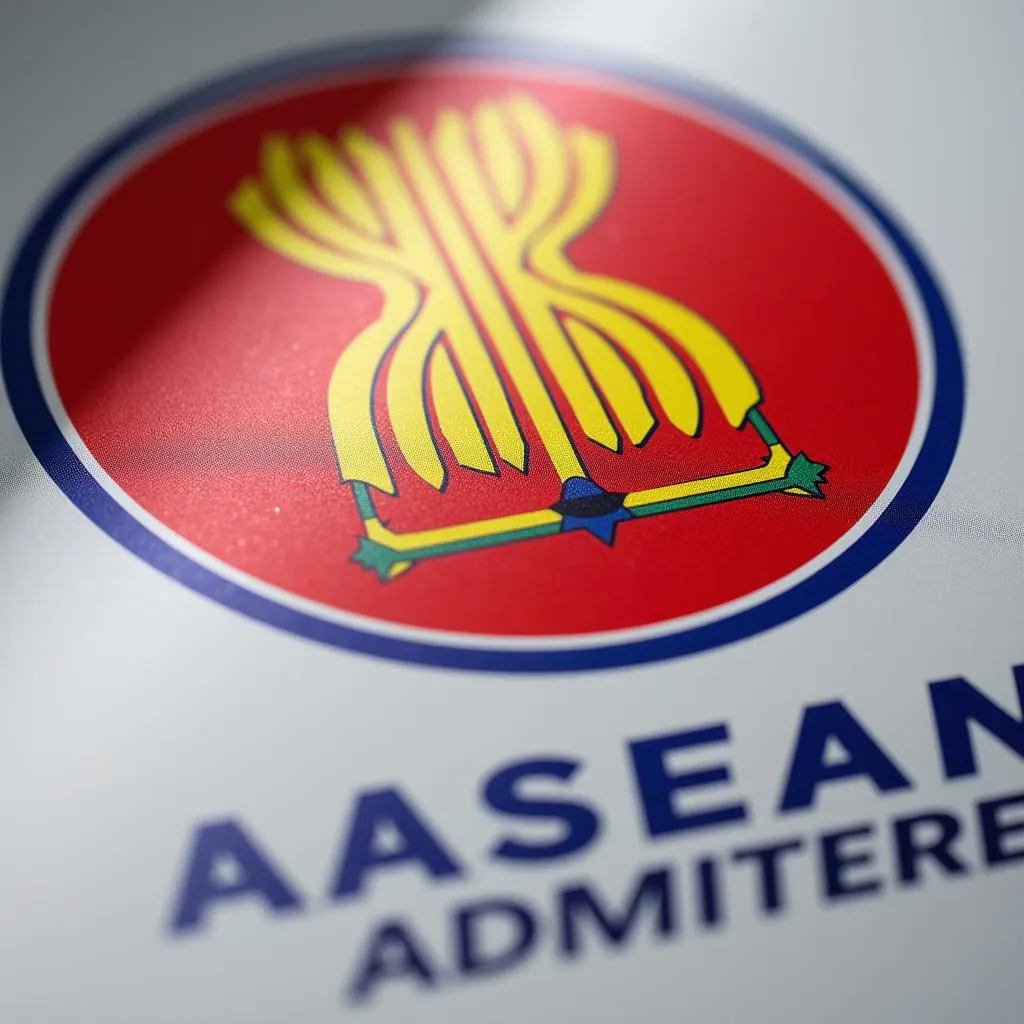ASEAN stands for the Association of Southeast Asian Nations. This dynamic intergovernmental organization plays a crucial role in fostering political, economic, and socio-cultural cooperation among its ten member states. Understanding what ASEAN means involves delving into its history, purpose, and impact on the region and the world.
Unveiling the Significance of ASEAN
What does ASEAN truly represent? It’s more than just an acronym; it embodies a shared vision of peace, stability, and prosperity for Southeast Asia. Founded on August 8, 1967, with the signing of the Bangkok Declaration, ASEAN has evolved from its initial focus on regional security to encompass a broader range of issues, including trade, investment, education, and cultural exchange.
Exploring ASEAN’s Core Principles
ASEAN’s operations are guided by a set of fundamental principles, including mutual respect for sovereignty, non-interference in internal affairs, and the peaceful settlement of disputes. These principles underpin the organization’s commitment to collaborative diplomacy and regional solidarity.
Delving into ASEAN’s Membership
The ten member states of ASEAN are Brunei, Cambodia, Indonesia, Laos, Malaysia, Myanmar, the Philippines, Singapore, Thailand, and Vietnam. Each country brings its unique cultural heritage, economic strengths, and political perspectives to the organization, contributing to the rich tapestry of Southeast Asian identity.
Understanding ASEAN’s Economic Impact
ASEAN’s economic influence is substantial. As a collective, ASEAN represents a major player in the global economy, with a combined GDP exceeding that of many developed nations. The ASEAN Economic Community (AEC) aims to create a single market and production base, facilitating the free flow of goods, services, investment, and skilled labor within the region.
ASEAN’s Role in Global Affairs
What does ASEAN mean on the world stage? Increasingly, ASEAN is asserting its voice in international forums, advocating for regional interests and contributing to global peace and security. The organization plays a crucial role in addressing transnational challenges, such as terrorism, climate change, and pandemics.
How Does ASEAN Promote Regional Cooperation?
ASEAN promotes regional cooperation through a range of initiatives, including summits, ministerial meetings, and specialized agencies. These platforms facilitate dialogue and collaboration on various issues, strengthening ties between member states and fostering a sense of shared purpose.
“ASEAN’s strength lies in its ability to bring diverse nations together, fostering collaboration and mutual understanding,” says Dr. Anya Sharma, a leading expert on Southeast Asian politics. “This collaborative spirit is essential for addressing the complex challenges facing the region.”
The Future of ASEAN
What does the future hold for ASEAN? The organization faces numerous challenges, including navigating geopolitical tensions, addressing economic disparities, and promoting sustainable development. However, ASEAN’s commitment to regional cooperation and its growing influence on the world stage position it to play an increasingly important role in shaping the future of Southeast Asia.
“ASEAN’s future success depends on its ability to adapt to a rapidly changing world,” adds Professor Michael Tan, a renowned economist specializing in Southeast Asian markets. “The organization must continue to innovate and strengthen its mechanisms for cooperation to effectively address emerging challenges.”
In conclusion, understanding what ASEAN means involves recognizing its crucial role in promoting peace, stability, and prosperity in Southeast Asia. From its historical origins to its current initiatives, ASEAN embodies a shared vision for a vibrant and interconnected region.
FAQ
- What are the main objectives of ASEAN?
- How does ASEAN promote economic cooperation?
- What is the role of ASEAN in addressing regional security challenges?
- How can I learn more about ASEAN’s history and achievements?
- What are some of the current challenges facing ASEAN?
- What is the ASEAN Charter?
- How does ASEAN engage with other international organizations?
Need support? Contact us 24/7: Phone: 0369020373, Email: aseanmediadirectory@gmail.com or visit us at: Thon Ngoc Lien, Hiep Hoa, Bac Giang, Vietnam.

